Evi Piepers
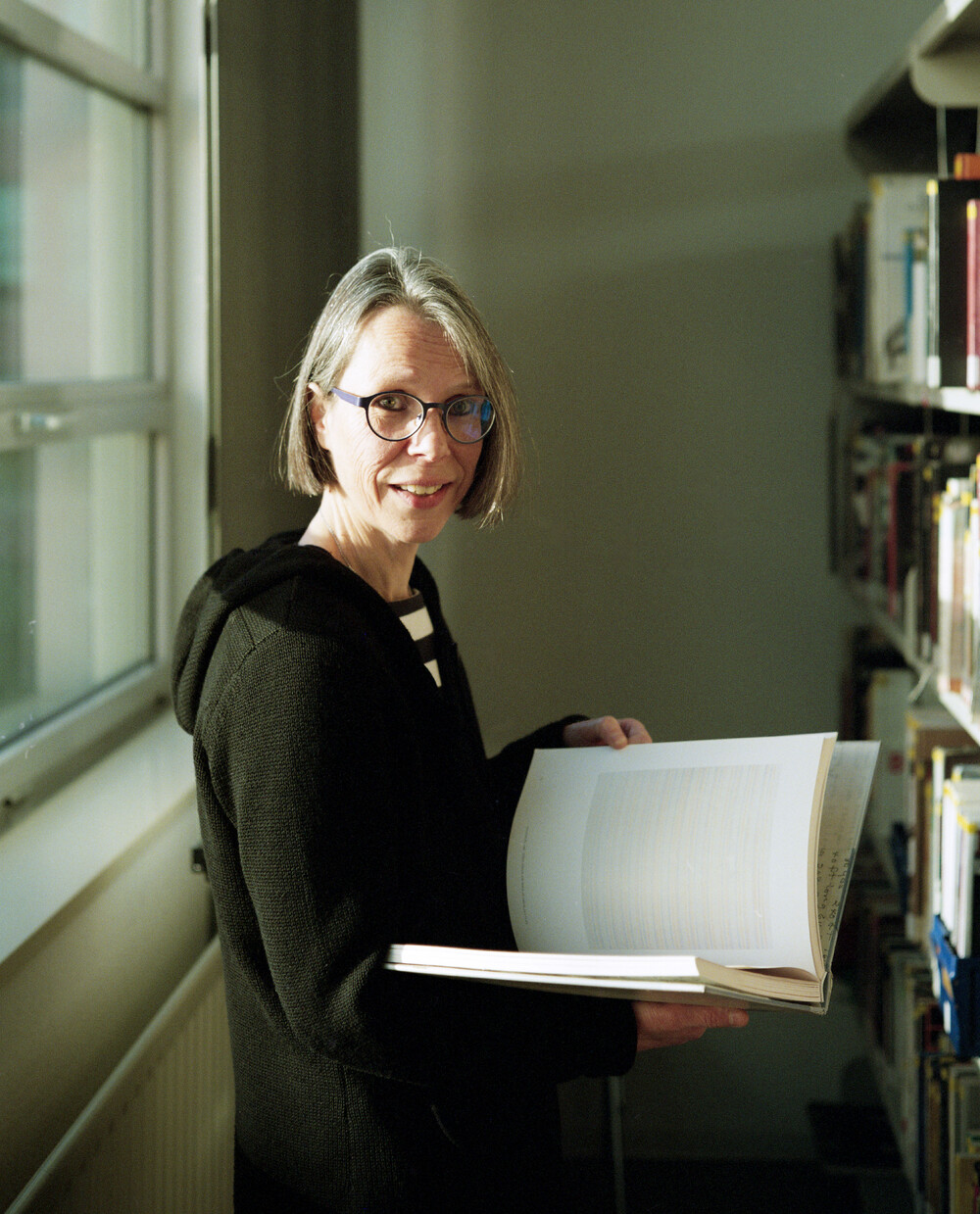
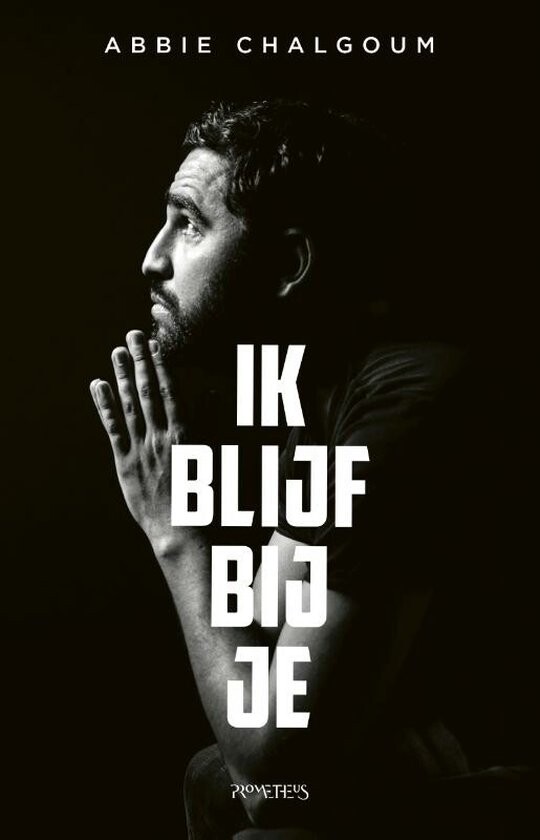
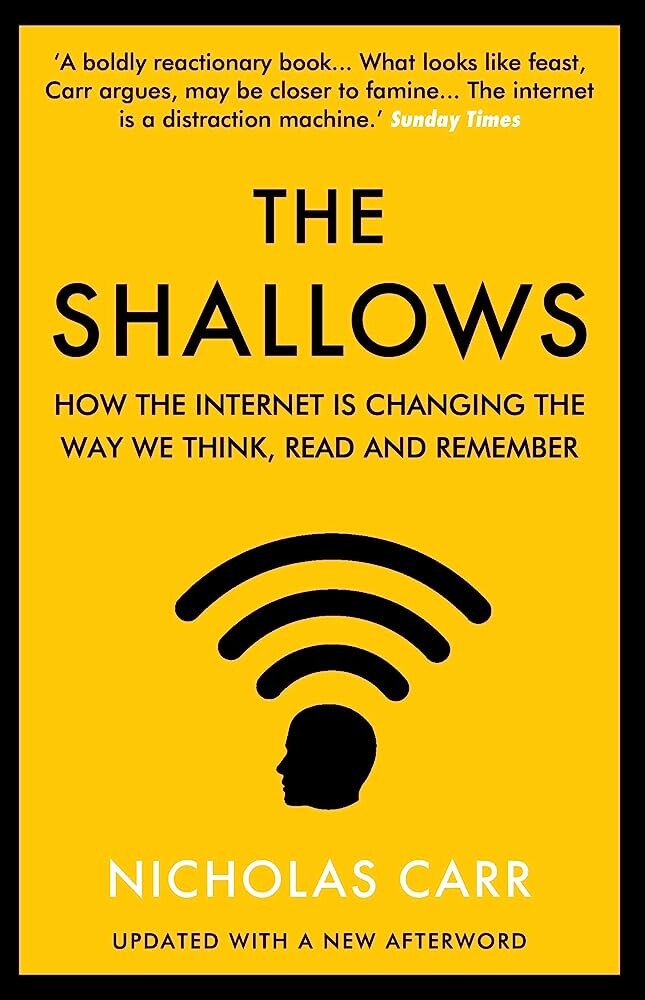
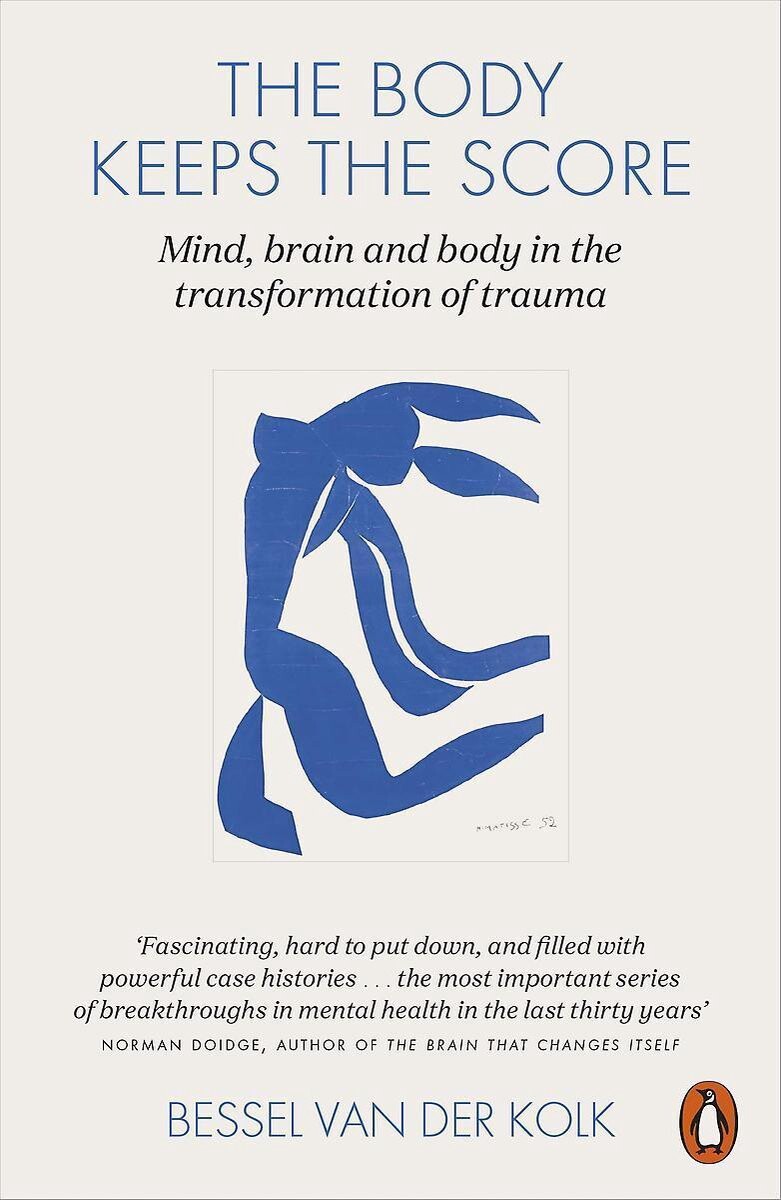
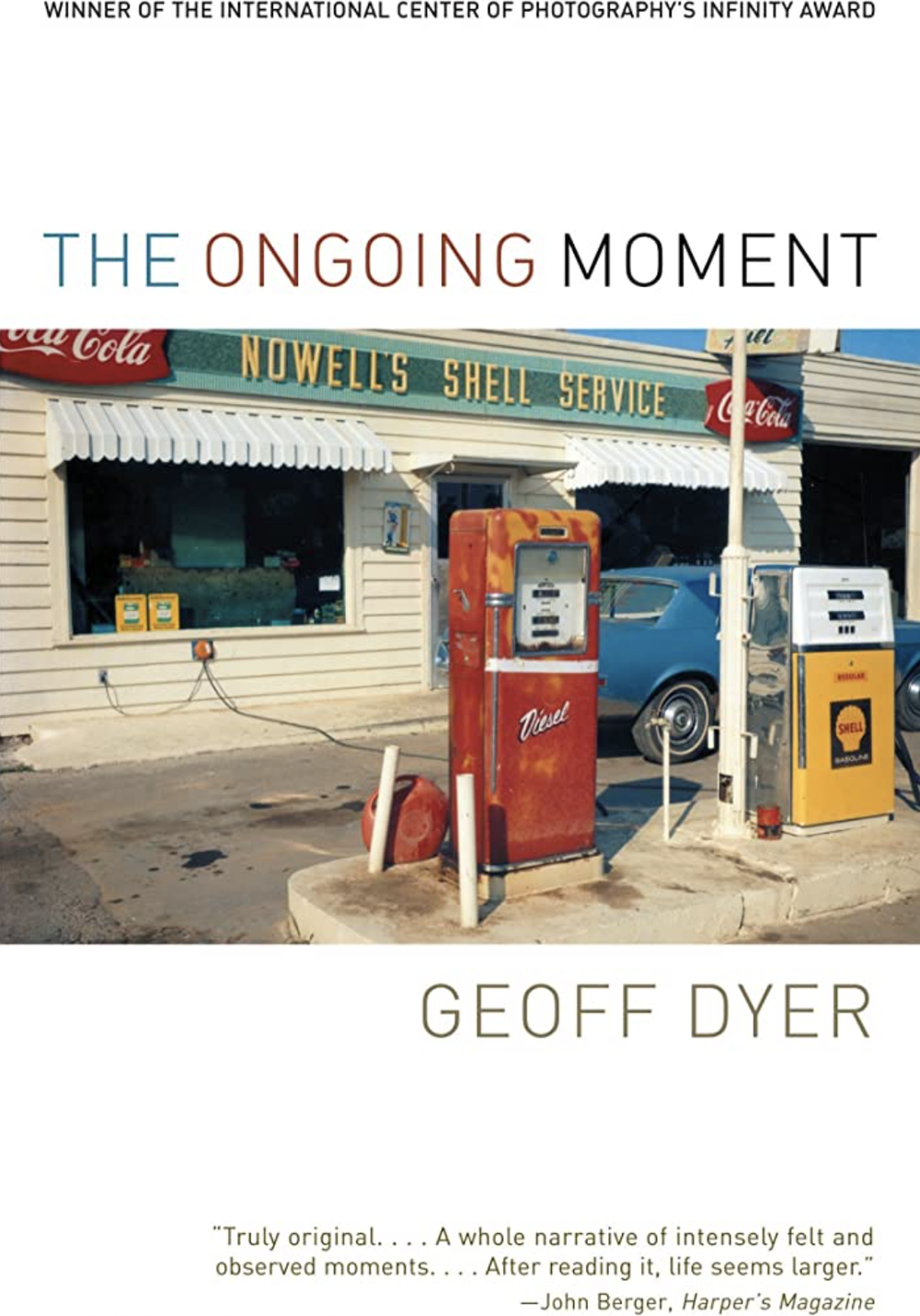
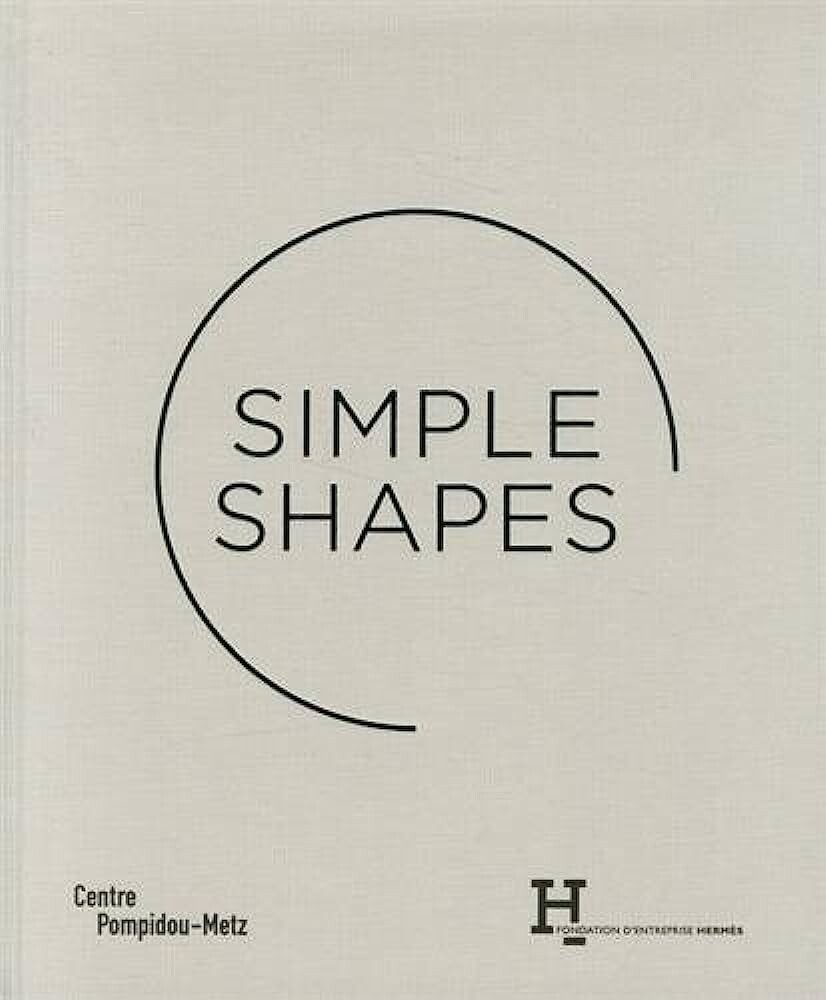
Evi Piepers tells us what it means to feed students in the library, shares her urgency to read in the world of crises, and we will get her book recommendations, of course!
→ You’re a librarian, I think the only fitting question to begin with is what was the last thing you read?
Evi Piepers: Two weeks ago I went to a play in the theatre called ‘Ik blijf bij je’ and I was really impressed, and I already knew beforehand that it was based on the actor's autobiography. So in the last two week since I watched the play, I've read that book twice.
The actor, born in Morocco, was living since he was three years old in Holland. Living in between two cultures, he was maybe trying too hard to integrate perfectly, built up some tensions in his life, started having depressions and was using alcohol to cope with it. Now in his 40’s, he is looking back at his younger self. The whole story comes from his heart, it's a very honest re-telling of his life, it really helped to put this larger narrative you hear in the news into perspective. You hear about these large problems in Dutch culture but you hardly ever hear the story of the people that are suffering from these problems, first hand.
“Books are like food. It can be a difficult experience as a student to find yourself amongst all this knowledge and to decide what to pick.”
→ What do you feel your role is as a librarian, the only librarian too at DAE?
EP: I feel that it is to facilitate this connection amongst the students and the books in our collection. I aim to let people know themselves better and what their interests are and then, I feed them. Books are like food. It can be a difficult experience as a student to find yourself amongst all this knowledge and to decide what to pick. Students tell me that this is the only place in the school without any pressure because, well, I don't give grades and you can think whatever you want.
→ How do you feel the library relates to the rest of the school?
EP: Sometimes, I feel that there is a bit of separation. Some students hesitate to come in because their schedules are so full. It's also something that the students avoid or neglect. The students have this time restraint, they come in looking for something, but then they see something perhaps unrelated to their chosen subject matter, but don't have the freedom or time to dedicate to reading it. I really wish the students did have that time to dive into seemingly unrelated work, because I believe all your interests are connected and it will be used somehow at some time in your life. It will affect you in some way and it will change your outlook. To have time and space in the library is important. I think it's about trusting your intuition.
“Reading is a skill that needs regular training, once you train this muscle you really start to enjoy and benefit from it”
→ Do you think there's room in Design Academy Eindhoven to include the library or reading as part of the curriculum?
EP: There could be things like two hours in your schedule given to you to go to the library to browse and to read unrelated stuff, without the pressure of having to pass a test or anything, just for the enjoyment of reading. Reading is a skill that needs regular training, once you train this muscle you really start to enjoy and benefit from it, I think also to have that space and time in the your studies would allow them to enjoy it, I know when your writing your thesis as a masters student it can become very difficult, and they might not look at reading as a positive thing during these high moments of stress anymore.
→ How do you feel that would help students?
EP: I read the book ‘The Shallows’ by Nicholas Carr. It's much about the brain and also about the Internet, it's quite critical of all that. If you have these distractions all the time, little chunks of information coming at you, there is input of information but it's not staying in the brain. This isn't my opinion, this is science. It's how the brain works. I read it a long time ago. I like to reread it, it's about having a working memory and if you overload that, nothing will ever enter in a deeper way. This is worrying regarding creativity, because you need to have this deep knowledge in order to make interesting new connections.
→ You mentioned earlier that you reread books, do you do that often?
EP: Yes, I feel that it's almost an insult if a book or a film for example is only watched once. These things that people have created and spent so much time on, deserve repeated readings or viewings. You focus on things that you already know are coming or you see or read new things that you perhaps missed before. Each time it's different and you start to internalise the subject matter.
→ How do you feel about social media? Do you think the library could use it in any practical way?
EP: I feel it's very shouty and ‘look at me’. But I have heard some good things about people using Instagram and Tik-Tok to share books. I've heard that a lot of the Dutch youth are reading a lot more English books because of that, so I think that's a good thing. But I think it can be dangerous too, because I think it may also not become about the act of reading but just about consuming.
I feel the library could use it, but then it's just another thing that uses social media, for advertising itself. I love that the library is offline, just like the books, they exist in an analogue way. I also feel that it should be the attitude of the student to find the discipline to come to the library physically and look at the books and see what we have on offer. Stay off social media and just read. Don't just look at what books we've got online just visit physically and regularly, life is more enjoyable physically.
→ What do you feel is the best way to select books to read?
EP: I think it's all about listening to your feelings, which is really important, not to select something because you should read it but because you feel you want to read it. We have so many crises going on right now and I think that's caused by over rationalising everything. We can solve this over rationalisation by balancing it out by making feelings and intuition more important.
“The world is in a crisis but I also think design is in a crisis. I don't know exactly what designers can do with this book but I urge them to read it, however ‘unrelated’ it might seem.”
→ How do you manage that balance?
EP: Well I'm glad you asked because I have another book recommendation. The book is called ‘The Body Keeps the Score’ by Bessel van der Kolk. It's a summary of everything that is known about trauma in science, a lot has been discovered in very new disciplines of science, but it is also about how people can deal with this and overcome their problems. When they came up with defining Post Traumatic Stress Disorder they actually thought it was very rare, but now they realise just how common it is. I think it's interesting because everyone has to deal with some form of trauma, as a child or a teen or an adult or has people in their surroundings suffering from it. We should all be educated on this because it would benefit our society, it's the root of so many problems, and it would be so good to have a better understanding for everyone. I believe this is so helpful for designers because of that need for care and communication in their work. You can't communicate if you don't understand a certain individual or group. The world is in a crisis but I also think design is in a crisis. I don't know exactly what designers can do with this book but I urge them to read it, however ‘unrelated’ it might seem.